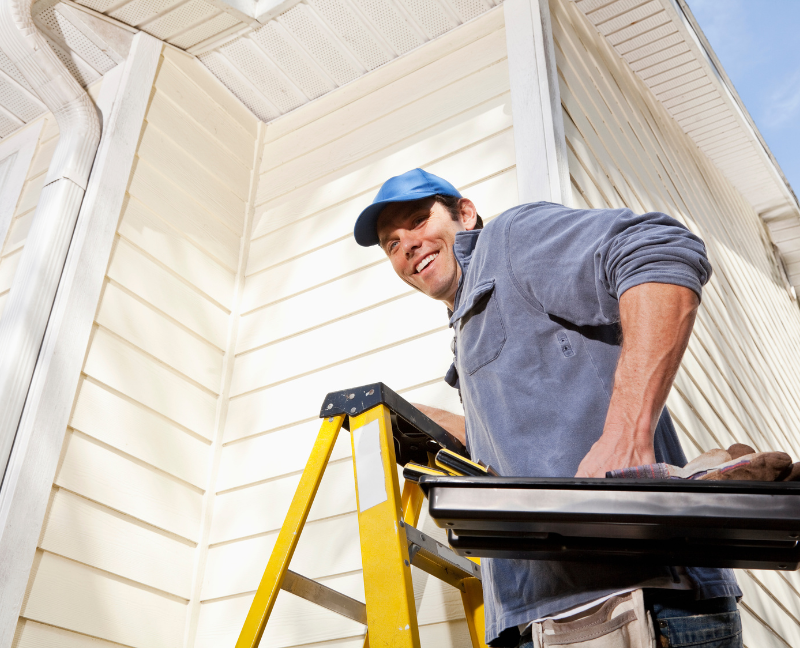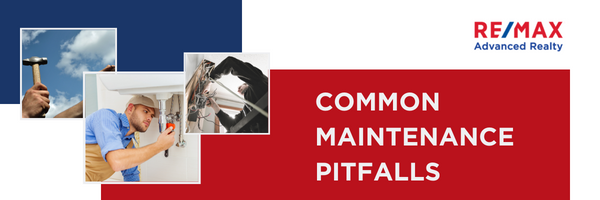Managing a property can be challenging. There are numerous factors to consider, such as choosing your home's management system and dealing with different clients.
Buyers may occasionally find themselves in precarious situations, usually because they don't know the actual condition of the building they are about to purchase.
Nonetheless, be cautious whether you are purchasing or selling a home.
Why?
It's because buyers may not know that they need to spend a lot of money to fix electrical problems, plumbing issues, etc. to comply with the maintenance obligations.
To avoid paying for unnecessary costs when selling or buying a home, you might want to take note of these common pitfalls.
Common Maintenance Pitfalls To Avoid
LETTING TENANTS ADDRESS THEIR MAINTENANCE PROBLEMS
Most owners allow their tenants to fix maintenance problems and deduct the expenses from the rent. While this might sound easier, this might do more harm than good.
For instance, if a tenant got insured while doing the repairs, owners might be obliged to shoulder the costs of the damages.
Also, a minor problem might turn into something bigger if a tenant does a poor repair job. Worse, they might not inform you about it. Therefore, to avoid such a thing, be sure to hire a licensed contractor or a reliable maintenance worker to address the problem.
CUTTING COSTS BY HIRING UNSKILLED MAINTENANCE WORKERS
As mentioned above, it's important to work with trusted maintenance workers. Some owners ignore this, especially when they want to go for a cheaper option.
While licensed contractors might charge higher, their repairs might last longer for up to 5 to 10 years, saving you from paying for repair jobs from time to time.
FAILING TO SCREEN TENANTS
Some owners don't take time screening tenants as long as they have money to buy the house. They might think that they are saving themselves from the burden of doing so, however, this might actually pose a major issue down the road.
A solid apartment management system includes doing background checks on potential tenants, too.

NOT DOING PREVENTATIVE MAINTENANCE
It might be time-consuming but doing a routine inspection can actually help you save time and money.
Every time you visit your property for routine inspection, you can see your home's situation first hand and this lets you spot minor problems before they get bigger. It might also leave an impression that you are a responsible owner.
If you're not sure what areas to inspect, this might help you:
Rotten Wood - Any areas that are made of wood should be checked regularly to make sure that it's not rotten and infested with borer beetles, termites, and fungi.
Drainage System - Check for any sign of drainage problem. Often, soggy ground indicates water pooling beneath downspouts, so make sure to thoroughly check if stormwater flows away from your place. Also, find out if you need new or extra gutters and downpipes for the roof.
Hazardous Materials - Your property might have various hazardous materials to remove, such as toxic mold, asbestos, or lead-based paint.
Poor Ventilation - Poorly ventilated rooms might pose a bigger problem, such as being a health hazard and damage to the structure.
Leaking Roof - Even if it's not leaking, check this area once in a while for possible blocked gutters or old roof coverings.
Faulty Plumbing, Electrical, Or Gas Installation - Check distribution boards, hot water geysers, gas lines, wiring, and other sanitary ware for possible problems.
Check Insulation - Check whether this area is defective or problematic.
Water Seepage - Check windows, doors, and even the floor for possible water seepage, and perform necessary repairs immediately.
Check Structural Damage - A weakened foundation might result in structural damage, making the roof structures, doorways, walls, and support unstable. Therefore, be sure to check this regularly and address problems immediately.
Final Notes
Selling a property is not easy as it sounds. Often, you have to spend a huge amount of money to fix damages; however, this might help in avoiding pitfalls and paying for bigger costs.

